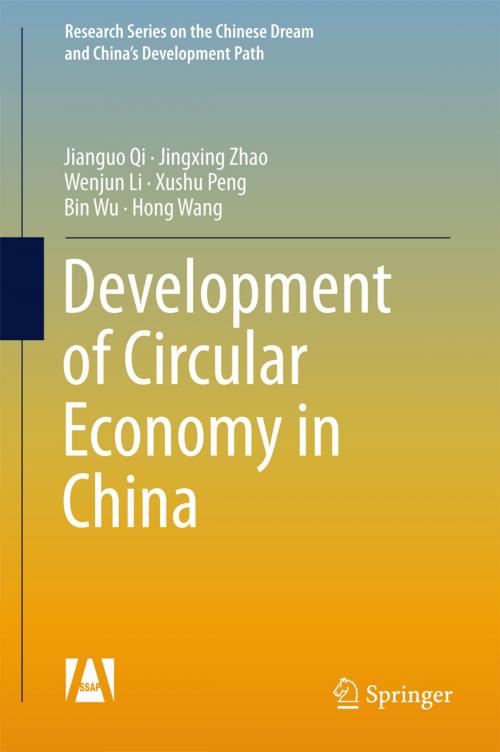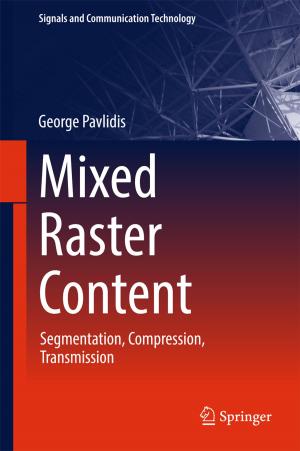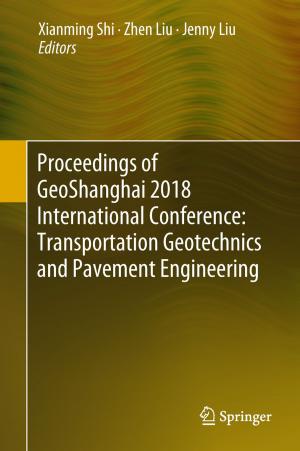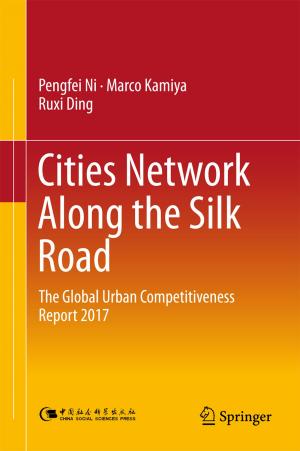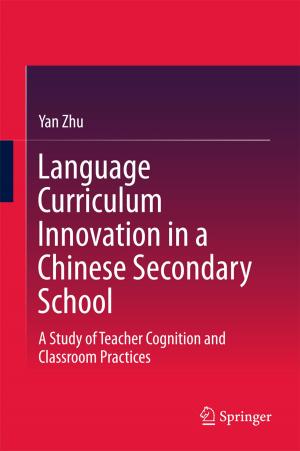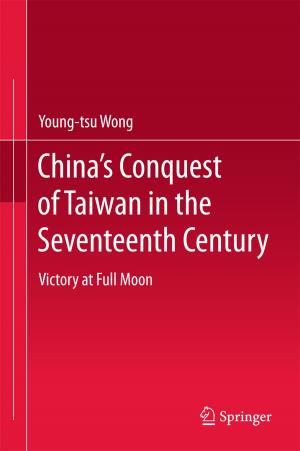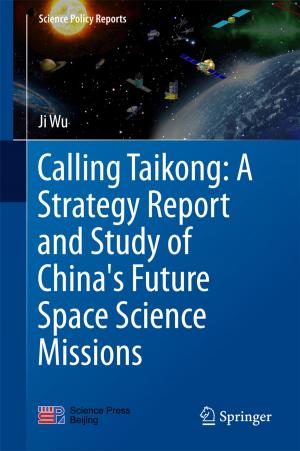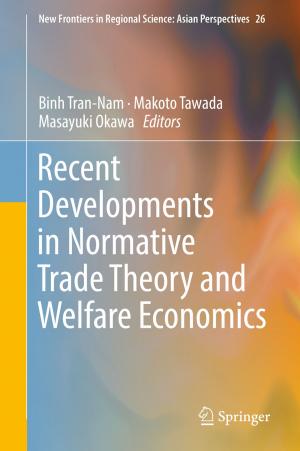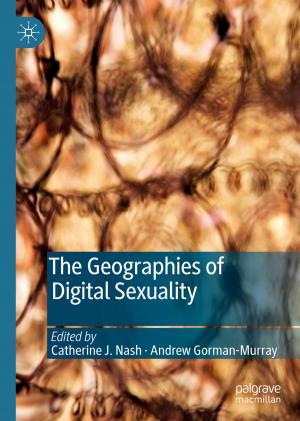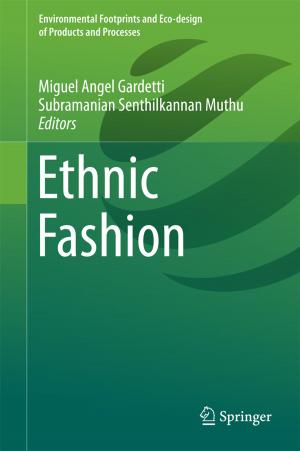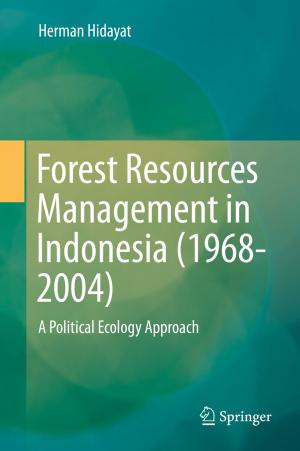Development of Circular Economy in China
Business & Finance, Management & Leadership, Industrial Management, Nonfiction, Social & Cultural Studies, Political Science, Politics, Economic Policy| Author: | Jianguo Qi, Jingxing Zhao, Wenjun Li, Xushu Peng, Bin Wu, Hong Wang | ISBN: | 9789811024665 |
| Publisher: | Springer Singapore | Publication: | October 12, 2016 |
| Imprint: | Springer | Language: | English |
| Author: | Jianguo Qi, Jingxing Zhao, Wenjun Li, Xushu Peng, Bin Wu, Hong Wang |
| ISBN: | 9789811024665 |
| Publisher: | Springer Singapore |
| Publication: | October 12, 2016 |
| Imprint: | Springer |
| Language: | English |
This book presents a detailed background to the circular economy in China, explores government measures to promote it in China’s market economy, and introduces the supporting laws and policies. The book goes on to describe, from a technology perspective, successful circular economy practices in sectors such as agriculture, iron and steel, cement, coal-fired power, chemistry, paper manufacturing and city mineral. This book sheds some light on what China has done and achieved to change the mode of economic development in order to minimize its negative impacts on resources and the environment. Readers will learn from and be inspired by China’s circular economy practices. Industrializing countries can also draw on China’s experiences to solve their own problems, enabling them to make their economic development resource-saving and more environmentally friendly. If this is achieved, this book can be considered a modest contribution to the sustainability of human society.
This book presents a detailed background to the circular economy in China, explores government measures to promote it in China’s market economy, and introduces the supporting laws and policies. The book goes on to describe, from a technology perspective, successful circular economy practices in sectors such as agriculture, iron and steel, cement, coal-fired power, chemistry, paper manufacturing and city mineral. This book sheds some light on what China has done and achieved to change the mode of economic development in order to minimize its negative impacts on resources and the environment. Readers will learn from and be inspired by China’s circular economy practices. Industrializing countries can also draw on China’s experiences to solve their own problems, enabling them to make their economic development resource-saving and more environmentally friendly. If this is achieved, this book can be considered a modest contribution to the sustainability of human society.
